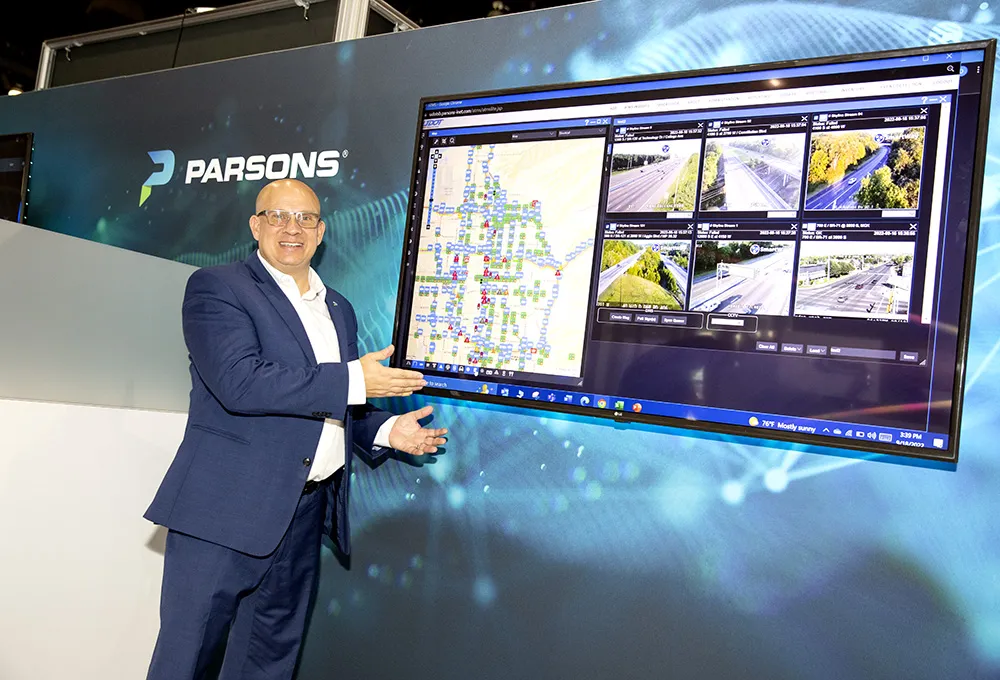According to the new market research report from MarketsandMarkets, the automotive artificial intelligence (AI) market is expected to be valued at USD 782.9 Million in 2017 and is expected to reach US$10,573.3 million by 2025, at a CAGR of 38.46 per cent between 2017 and 2025.
The report indicates that emergence of autonomous vehicle and industry-wide standards such as the adaptive cruise control (ACC), blind spot alert and advanced driver assistance systems (ADAS) would trigger the growth of the automotive AI market. The growing demand for convenience and safety also presents an opportunity for OEMs to develop new and innovative artificial intelligence systems that would attract customers.
Software holds a major share of the overall AI market in the automotive industry because of the various developments of AI software and related development kits. In recent years, major developments have occurred in AI software solutions, platforms and related software development kits. US companies such as Alphabet,
Most of the AI hardware and software includes a mixture of various technologies, which are used in various applications. Deep learning technology is expected to be the largest and fastest-growing technology in the automotive AI market and is used in voice recognition, voice search, recommendation engines, sentiment analysis, image recognition and motion detection. It is also widely being used in the developments of autonomous cars. Many companies are investing in the development of self-driving cars in which deep learning technology is used for image processing, speech recognition and data analysis.
The presence of incentives and high level of funding from governments plays a major role in the development of this technology. For instance, in 2016, the US government has spent US$4.00 billion to accelerate the acceptance of autonomous vehicles on US roads. The automotive industry in the US is a highly advanced industry, with the ‘big three of
Automotive AI market predicted to grow by nearly 40 per cent by 2025
According to the new market research report from MarketsandMarkets, the automotive artificial intelligence (AI) market is expected to be valued at USD 782.9 Million in 2017 and is expected to reach US$10,573.3 million by 2025, at a CAGR of 38.46 per cent between 2017 and 2025. The report indicates that emergence of autonomous vehicle and industry-wide standards such as the adaptive cruise control (ACC), blind spot alert and advanced driver assistance systems (ADAS) would trigger the growth of the automotive
August 30, 2017
Read time: 3 mins








